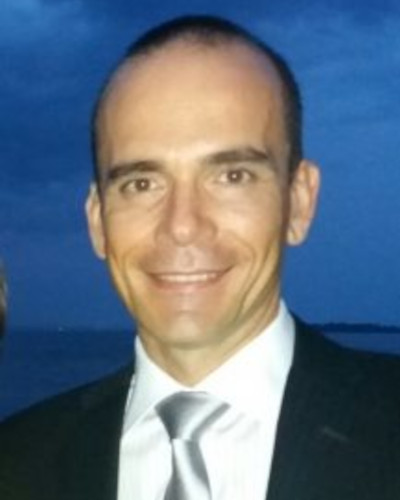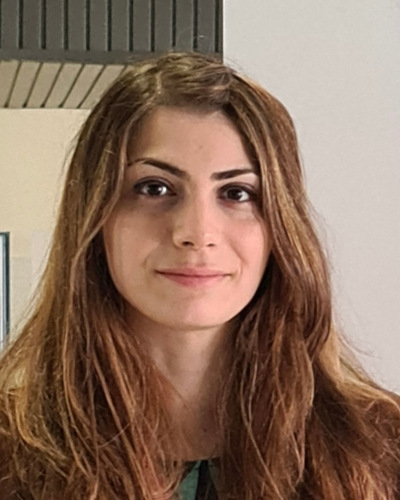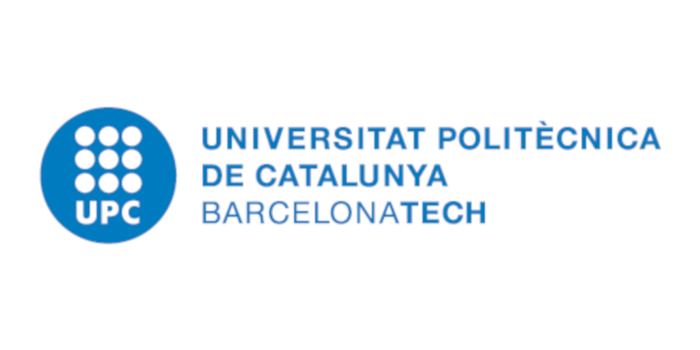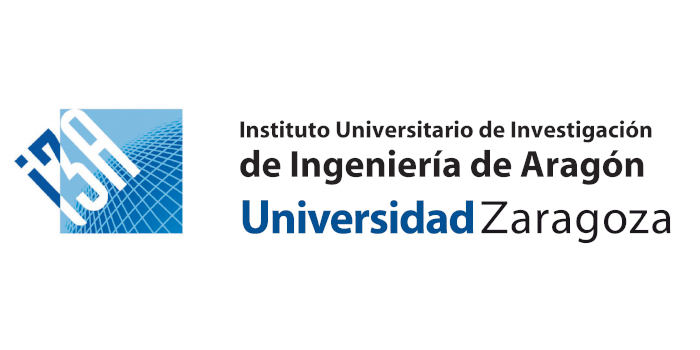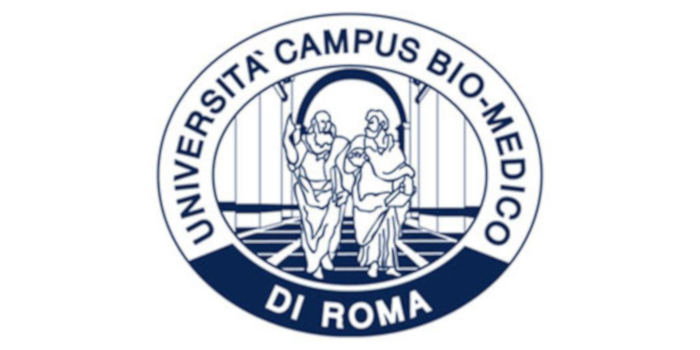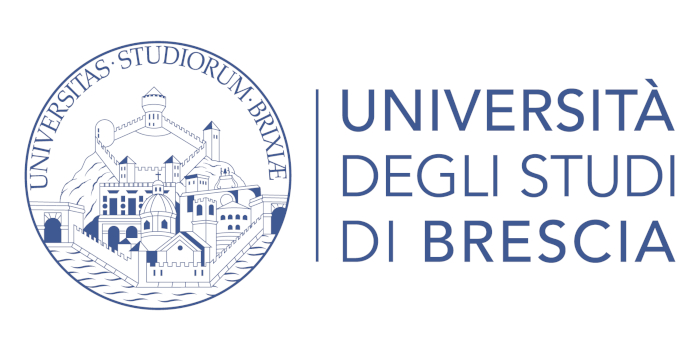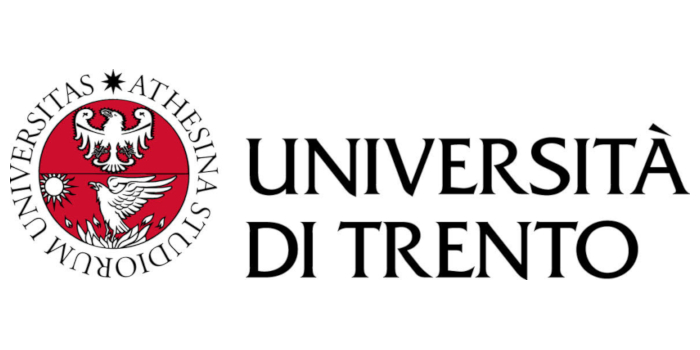SPECIAL SESSION #6
Advances in measurements for biomedical and industrial field for human monitoring
ORGANIZED BY
Mauro Serpelloni
University of Brescia, Italy
Giorgia Fiori
University of Roma Tre, Italy
ABSTRACT
Innovative fabrication technologies, such as printed electronics and additive manufacturing, are revolutionizing the development of sensors and IoT devices, particularly in the biomedical field. These advancements enable the seamless integration of sensors onto 2D and 3D substrates of arbitrary size and shape, facilitating new solutions for health monitoring and diagnostics.
Printed sensors and flexible/stretchable electronics are at the forefront of modern healthcare, enabling applications such as wearable health monitoring devices, point-of-care diagnostics, and advanced medical tools. The evolution of traditional sensors into “smart” systems—integrating transducers, conditioning electronics, signal processing, and wireless transmission—allows for real-time monitoring of physical and chemical quantities critical to patient care. These smart sensors improve diagnostics, enhance patient outcomes, and support personalized medicine.
This session highlights advancements in additive manufacturing methods, including screen, inkjet, and aerosol jet printing, that enable the fabrication of flexible and biocompatible sensors directly onto medical devices, wearables, or even biological tissues. Topics of interest include the metrological characterization of biomedical sensors, innovative fabrication methods for health applications, and signal processing strategies to ensure accuracy and reliability.
By integrating smart sensors into healthcare systems, wearable devices, and diagnostics, these technologies are driving a new era in biomedical applications. The ability to monitor vital signs, detect biomarkers, and assess patient conditions in real time is transforming healthcare delivery and improving the efficiency of medical processes.
TOPICS
The main topics are related to:
- Printed Sensors;
- Additive Manufacturing;
- Smart Health Monitoring;
- Wearable Medical Devices;
- Biomedical Applications;
- Flexible Electronics;
- Point-of-Care Diagnostics;
- Metrological Characterization;
- IoT in Healthcare;
- Sensor Integration;
- Bio-Compatible Sensors;
- Signal Processing for Biomedical Sensors;
- Smart Medical Devices.
ABOUT THE ORGANIZERS
Mauro Serpelloni he is currently Full Professor of electrical and electronic measurements with the Department of Information Engineering, University of Brescia.
He has worked on several projects relating to the design, modeling, and fabrication of measurement systems for industrial applications.
His research interests include electronic instrumentation, sensors, contactless transmissions between sensors and electronics and signal processing for microelectromechanical systems. Recently, research has been addressed to the development of wearable sensors, autonomous sensors for biomedical applications and devices implantable inside the human body.
Giorgia Fiori is currently an Assistant Professor (Italian RTD-B) in mechanical and thermal measurements and clinical engineering with the Department of Industrial, Electronic and Mechanical Engineering at Roma Tre University, Rome, Italy. Here, she received her Ph.D. degree in Applied Electronics in 2023 and her master’s degree in Biomedical Engineering in 2019.
Her research interests include clinical engineering, mechanical and thermal measurement systems and instrumentation, as well as methods and systems for quality assessment of ultrasound equipment for clinical use.


